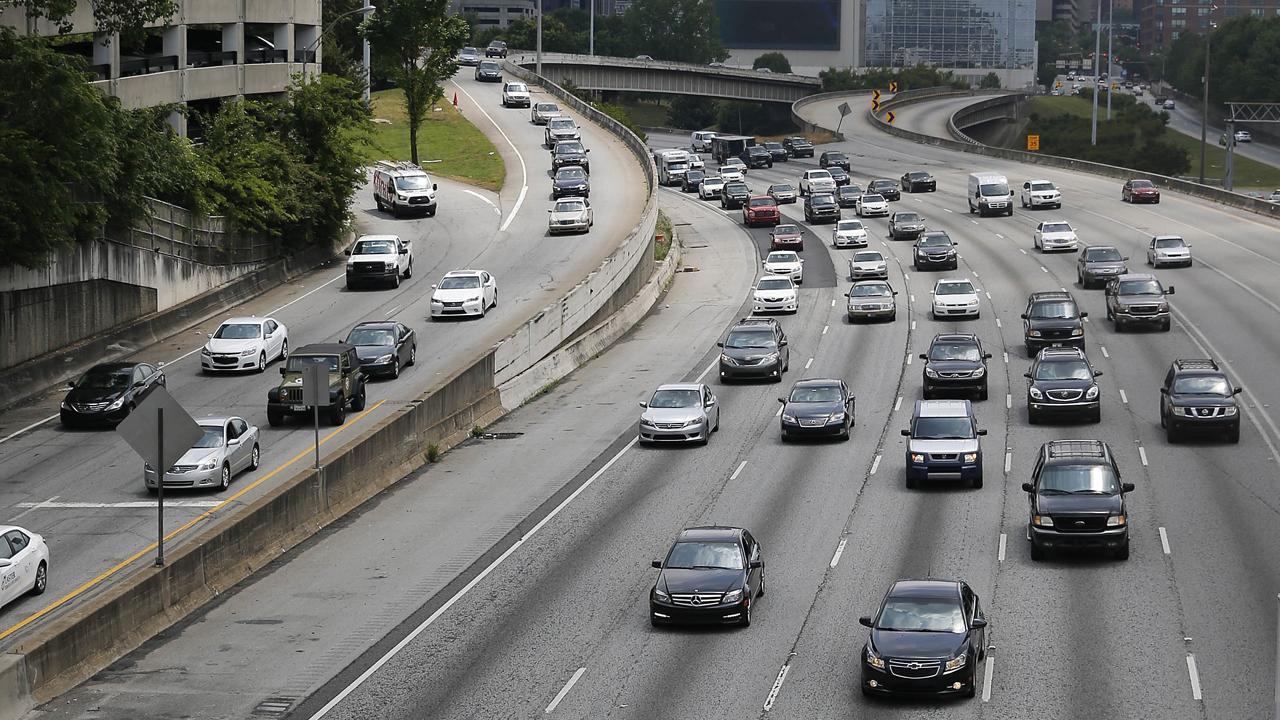California's tax hike in 2012 spurred mass wealth exodus, new study finds
When California raised personal income taxes in 2012, the state inadvertently caused wealthy residents to move out-of-state at an “abnormally high” pace, according to a new study.
According to the 74-page report published by the National Bureau of Economic Research and authored by Stanford University economists Joshua Rauh and Ryan Shyu, the tax hike in 2012 caused 0.8 percent of Californians who were in the top tax bracket to move in 2013, mostly to states with zero income tax (including Washington, Texas, Nevada, Idaho and Colorado).
The authors analyzed taxpayers earning more than $5 million in 2012, and found that departures spiked to 2.125 percent in 2013, compared to 1.5 percent in 2011. On the other hand, moving rates for taxpayers earning under $2 million were “negligible.”
“The fact that the effect increases with income is consistent with the established theory that average tax rates matter for extensive margin individual location decisions,” the authors concluded.

Salton Sea - California
Proposition 30, approved by voters during a state-wide referendum in 2012, raised personal income taxes over the next seven years for California residents who were earning more than $250,000 each year. It pushed the top tax rate to 12.3 percent for filers earning $500,000 and above, or $1 million per couple. The measure also increased the sales tax in the state by 0.25 percent over four years.
As a result of the exodus, the study estimated the tax hike windfall that California priced in was eroded by about 45.2 percent. According to the California Budget Project, a research group that endorsed the proposition, the wealthiest 1 percent of Californians were expected to shoulder about 79 percent of the tax increase. The measure was expected to raise $8.5 billion in new revenue, according to the Department of Finance.
GET FOX BUSINESS ON THE GO BY CLICKING HERE




















